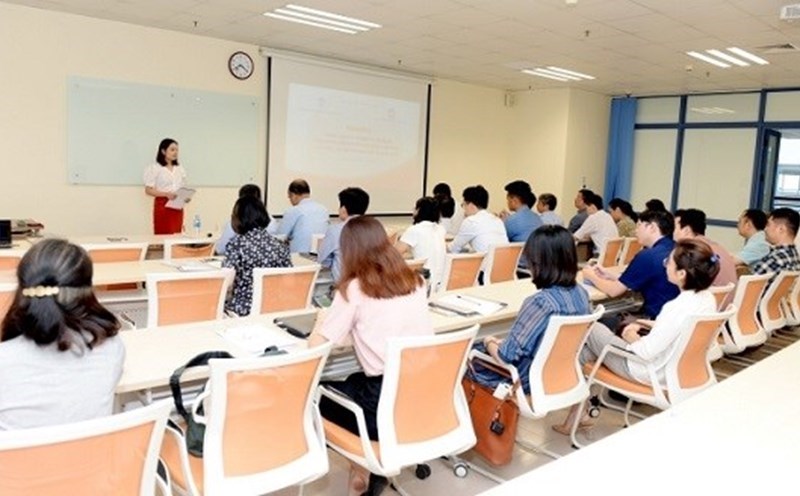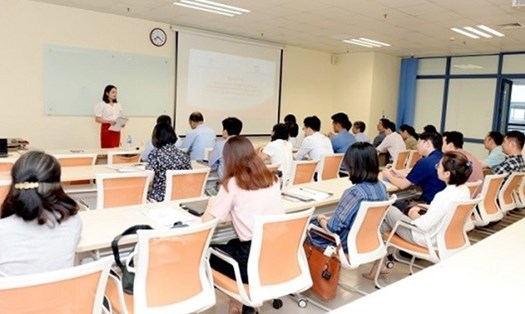Regarding the group of university governance issues, the Draft Law amending and supplementing a number of articles of the Law on Education, the Law on Higher Education (amended) and the Law on Vocational Education (amended) has a new point that is being discussed: the proposal to remove the school council structure in public higher education institutions.
This proposal, as explained by the Ministry of Education and Training (MOET), aims to ensure unified management, overcome shortcomings in the relationship between public school boards and the board of directors in the past, and at the same time strengthen the leadership role of the Party in public higher education institutions.
The concept and model of "School Council" has been included in the Vietnamese higher education system since 2012 - when the Law on Higher Education for the first time stipulated this institution as a manifestation of university autonomy.
This model, in theory, is expected to help universities operate in a more democratic and transparent direction, with the participation of stakeholders in strategic planning and supervision of operations.
However, after more than a decade of implementation, reality shows that school councils in many places operate formally, not by government. The right to decide on strategy, personnel, and finance - which should have belonged to the board - is still in the hands of the board of directors or controlled by the governing body.
In many schools, the relationship between the Party Committee, school council and board of directors has become complicated and overlapping; some places have conflicts, slowing down the decision-making process. When there are too many agencies managing the same unit, not only the effectiveness is dispersed but also the responsibility becomes blurred.
Therefore, the proposal to remove school councils in public schools, as stated by the Ministry of Education and Training in the draft law, is a practical adjustment to make the system more flexible.
The model of university organization is aimed at streamlining the apparatus, strengthening the leadership of the Party, in which the head of the school ( Principal or director) and the Party Committee at the school level have clear roles and responsibilities, avoiding decentralization of power.
With this model, the head will take more comprehensive responsibility, while the state management agency can easily assign responsibility and evaluate efficiency. This is a direction in line with the spirit of "self-responsibility goes hand in hand" that is being emphasized in the entire education system.
Of course, when removing the school council, the requirements for supervision, criticism and transparency mechanisms need to be set higher. Without strong enough replacement institutions, concentrating power in the hands of an individual can lead to the risk of " monopoly management" and undermine democracy in universities.
Therefore, along with streamlining the apparatus, it is necessary to simultaneously improve regulations on scientific and training councils, promote the role of Party committees, trade unions, and representatives of learners in participating in internal policy criticism.
In the long term, removing school councils at public universities is a necessary screening step for the Vietnamese university governance system to enter a new phase: less staff, more responsibility.












